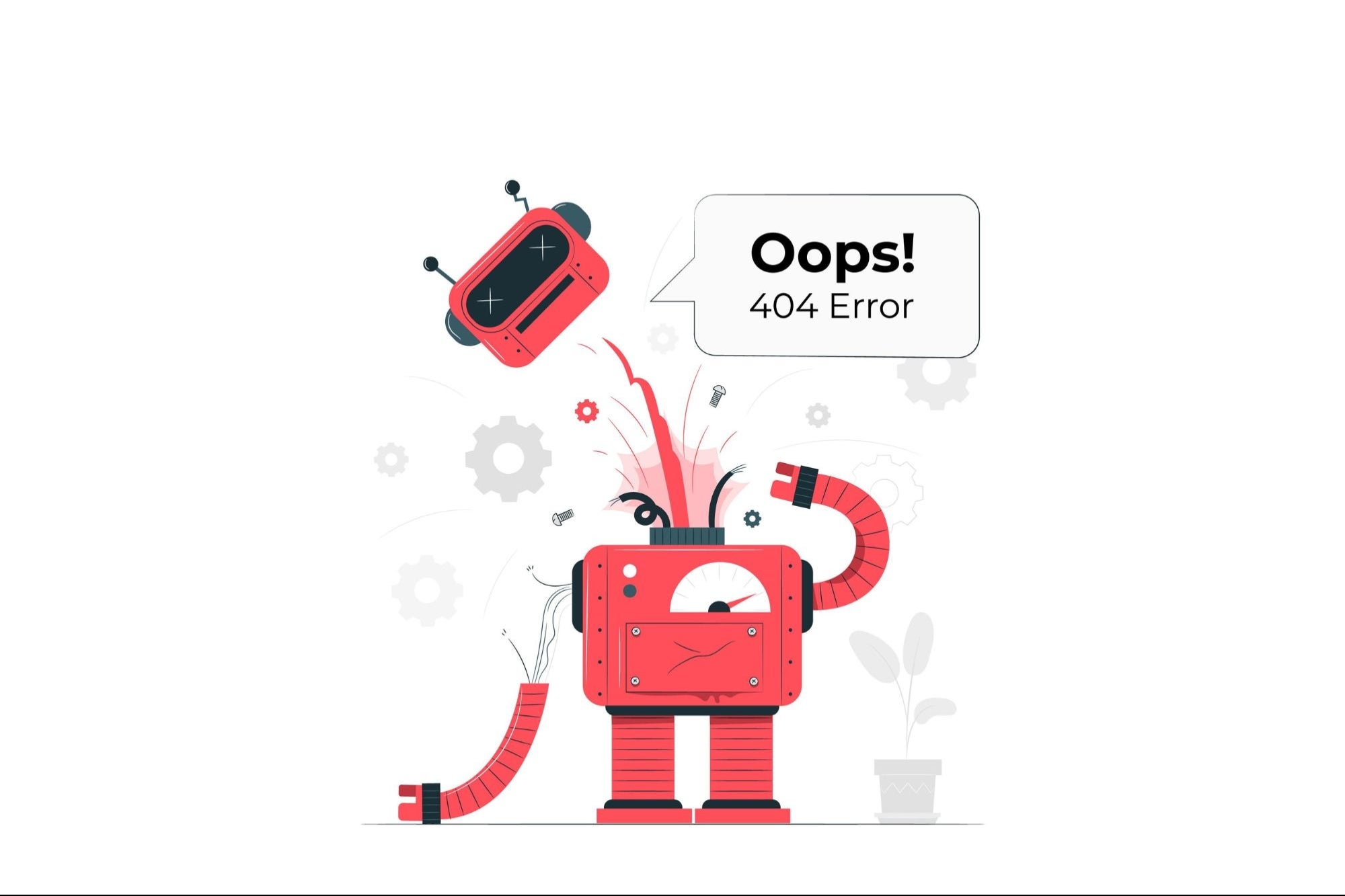The Agentic AI Dilemma: Promise, Pitfalls, and Practicality At this early stage, agentic AI can only be pursued where it delivers clear value or ROI
Opinions expressed by Entrepreneur contributors are their own.
You're reading Entrepreneur India, an international franchise of Entrepreneur Media.

"A lot is happening in terms of Agentic AI." This headline is everywhere but is it truly happening, or is it just another misleading hype in the tech world? Gartner has termed this trend as "agent washing"—the rebranding of existing tools such as AI assistants, robotic process automation (RPA), and chatbots, without any substantial agentic capabilities.
According to Gartner's latest report, more than 40 per cent of agentic AI projects will be cancelled by the end of 2027 due to escalating costs, unclear business value, or inadequate risk controls. Of the thousands of vendors claiming to offer agentic AI solutions, Gartner estimates only around 130 are legitimate.
"Most agentic AI projects right now are early-stage experiments or proof-of-concepts driven largely by hype and often misapplied," said Anushree Verma, Senior Director Analyst at Gartner. "This can blind organisations to the real cost and complexity of deploying AI agents at scale, stalling projects before they move into production. They need to cut through the hype to make careful, strategic decisions about where and how they apply this emerging technology."
The high cost of agentic AI
One of the major barriers to meaningful adoption is cost. So how much does it actually take to build agentic AI?
"For enterprises starting from scratch, developing Agentic AI internally could cost anywhere between INR 50 crore to INR 200 crore (approx. USD 6 million to USD 24 million) over 3–5 years, depending on scale, vertical, and use case," said Apurv Agrawal, Co-founder and CEO, SquadStack. "And even then, you're not guaranteed deployment success unless your systems are robust, your data flywheels are strong, and your change management is bulletproof."
So, what will it take?
Despite these early-stage challenges, the potential of agentic AI is immense. Gartner predicts that by 2028, at least 15 per cent of day-to-day work decisions will be made autonomously by agentic AI up from zero per cent in 2024. Additionally, 33 per cent of enterprise software applications are expected to include agentic AI by 2028, compared to less than one per cent in 2024.
To prepare for this transformation, organisations must adopt significant mindset and infrastructure shifts. The voices in the Indian AI space weighed in:
Ganesh Gopalan, Co-founder & CEO, Gnani AI explained, "To effectively integrate Agentic AI into their operations, organisations must cultivate a mindset that embraces autonomy, continuous learning, and cross-functional collaboration. We often say that automation isn't AI and while many companies stop at basic task automation, what's truly needed is AI that works, understands, reasons, and adapts in real-time to deliver business outcomes."
"To support this, companies need to leverage API-first, modular system designs, which enable flexibility, allow for rapid development, and orchestrate AI workflows seamlessly across business areas while maintaining an engaging, human-like experience. Ultimately, businesses must understand that AI is not just a tool for automated responses but a way to improve and personalise customer engagement," added Beerud Sheth, Co-founder & CEO, Gupshup.
However, at this early stage, agentic AI can only be pursued where it delivers clear value or ROI.
"To get real value from agentic AI, organisations must focus on enterprise productivity, rather than just individual task augmentation," Verma said. "They can start by using AI agents for decision-making, automation for routine workflows, and assistants for simple retrieval. It's about driving business value through cost, quality, speed, and scale."










